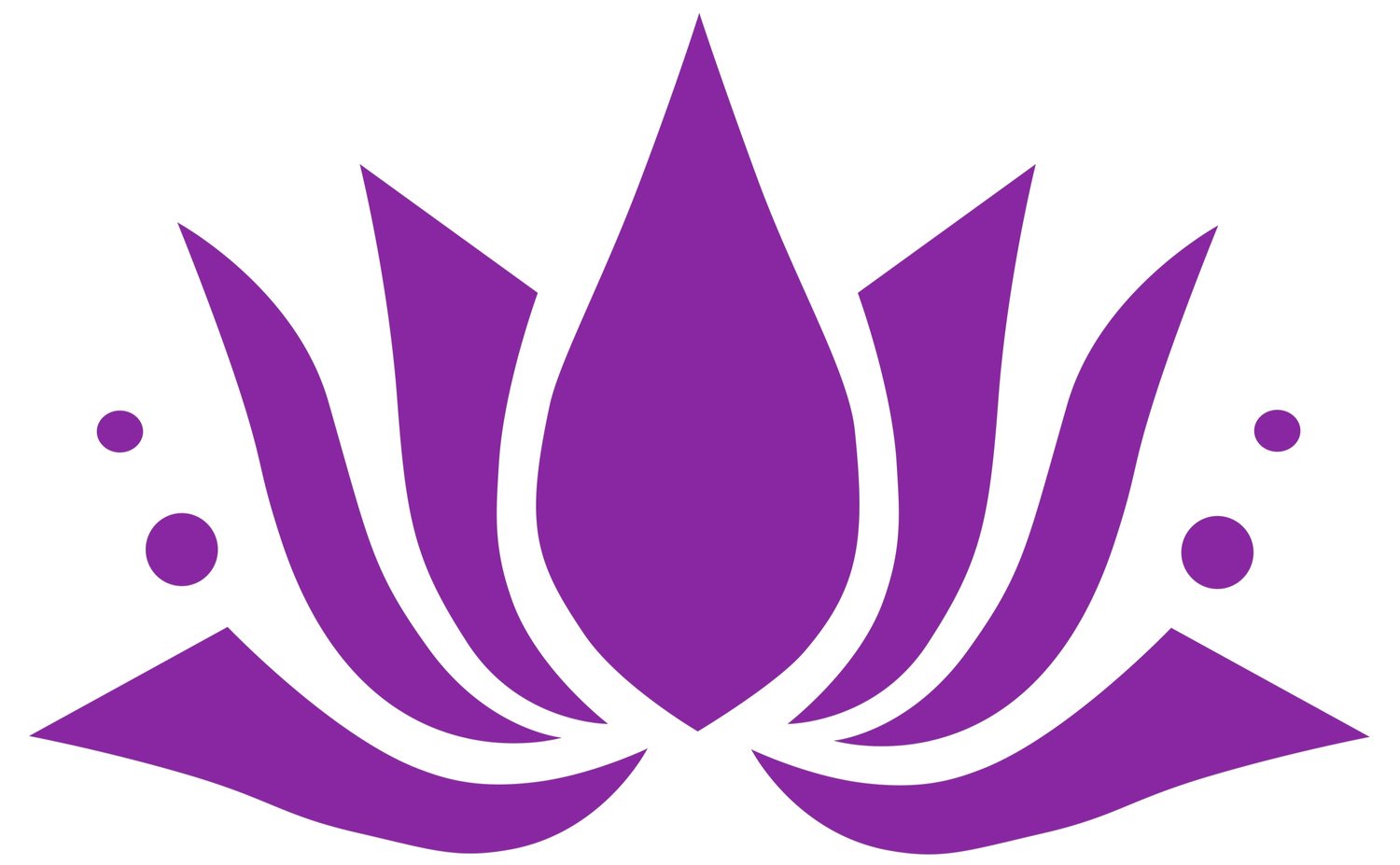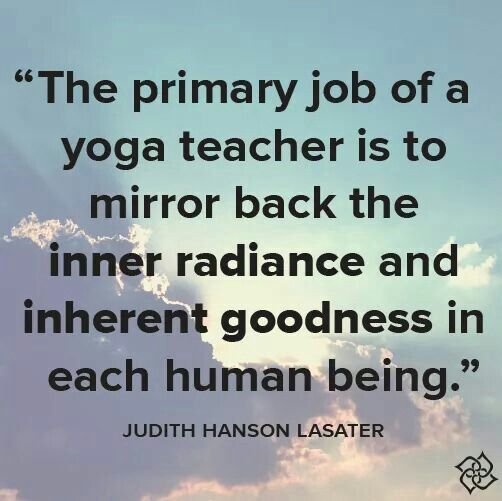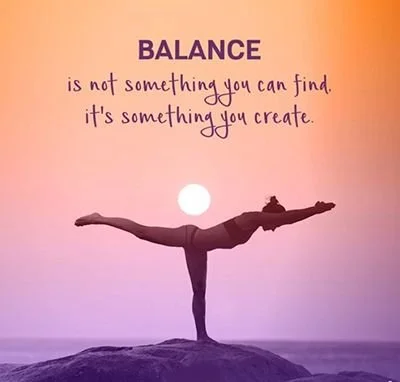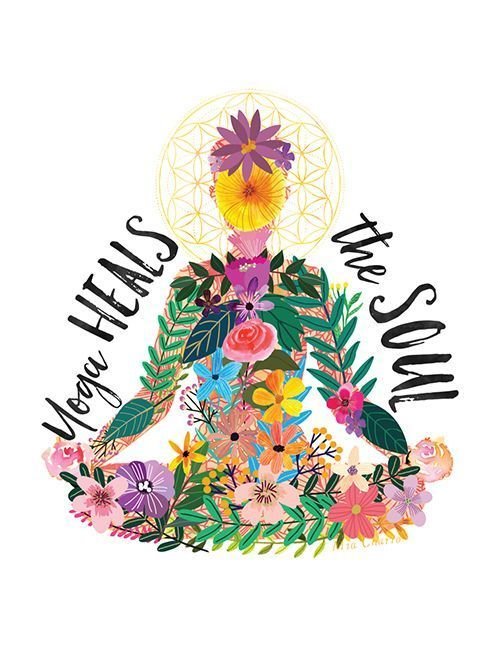Yoga
Yoga is an ancient practice that began in India approximately 10,000 years ago. This low-impact, mind-body practice can be used by all body types and fitness levels.
There are tons of different yoga styles, with each being guided by a specialised yoga teacher.
A typical yoga class will begin with a relaxing bodyscan, while you’re seated on a yoga exercise mat. You’ll then start the class, which involves holding a series of static poses, each with their own name and meaning. Poses can be challenging and are excellent if you want improve strength, flexibility and posture. Classes usually end with a guided meditation, where you lay flat and simply relax. Meditation is a great way to improve your overall health and wellbeing. Most yoga classes also incorporate breathing techniques, as this helps the body-mind achieve deeper relaxation.
Benefits of Yoga
There are heaps of health benefits associated with regular yoga practice. This special form of exercise supports the mind-body connection. Plus, it promotes physical and psychological wellbeing to help you perform at your peak.
Mental Health
Studies show that yoga has many mental health benefits. This is because yoga postures and deep breathing promote stress relief. Not only does this lower stress hormones, it also increases feel-good chemicals in the brain. This is beneficial if you’re stressed, anxious, depressed or prone to mood swings.
Flexibility
Yoga is the type of exercise that gifts you with improved flexibility over time. It gently nurtures the connective tissues, massages the organs and moisturises the joints. This helps to ‘open up’ the body so blood, oxygen and nutrients flow more freely. It’s an excellent, low-impact way to support ranges of motion, treat joint pain and improve poor posture.
Hormone Health
Hormone health can improve when you practice yoga regularly. Primary benefits relate to lowered stress levels, which has a huge impact on overall hormone balance. However, there are also yoga postures that specifically target the endocrine glands. Some support the pancreas and aid insulin levels. Other nourish the thyroid and help T3 and T4 status.
Dru Yoga
Wednesdays 6.30 - 7.30pm
Tuesdays 7.15 - 8.00am (Early bird)
Saturdays 9.30 - 10.30am (Beginners)
Dru comes from the Sanskrit word dhruva, which refers to the stillness that can be experienced in Dru Yoga and Dru Meditation.
In this stillness we are able to sit back from anything that may be happening around us, and see and act from a point of clarity and inner calm.Sequences are easy-to-practice, flowing movements that help to release tension physically to promote wellbeing
Joints are kept relaxed and soft during movement (as in tai chi). This creates flexibility and a free flow of subtle energy.
Energy Block Release sequences (EBRs) are easy-to-practise, flowing movements that help to release tension physically, mentally and emotionally.
In Dru Yoga all movements originate from the spine because a flexible, healthy spine supports your entire yoga practice.
The spinal wave and spinal twist are core features of Dru, enhancing spinal health and vitality.
A deep understanding of core stability is a major focus.
Dru Yoga works to balance the chakras (energy centres of the body) and access the powerful energy of the heart.
Within the flow of movement, Dru Yoga creates powerful moments of stillness which we call ‘Dru points’.
Joints are kept relaxed and soft and all movements originate from the spine and the core
No matter what age, shape or size you are, you’ll be able to do Dru Yoga. You won’t need to compare yourself with anyone, and we never talk about the ‘perfect posture’. Instead we always encourage many ways to do a yoga pose depending on your unique ability. The emphasis is on you.
Contact Iva on Instagram @ivadyke or www.ivadyke.co.uk
Multistyle Yoga
Mondays 7.45-8.45pm
Built on foundations of hatha, this combines aspects of Iyengar and Vinyasa yoga. This is for those who enjoy 'fast and slow' yoga, aided with props to align and correct posture.
Vinyasa yoga places emphasis on the movement between postures to create a flowing sequence. They are often referred to as ‘flow’ classes. The addition of music and connection to the breath means that this is naturally a more fast-paced style than traditional hatha yoga and is more likely to get your heart pumping.
Benefits -
increased flexibility
reduce risk of injury and pain
Iyengar yoga is focused on detail, precision and alignment and poses tend to be held for an extended period of time in order to make adjustments and experience the full benefits of the posture. Props are commonly used in Iyengar in order to get into poses that would otherwise be inaccessible. Although slow in pace, Iyengar requires muscle strength (and will power) to hold the asana.
Benefits -
improved energy levels, circulation and mental focus
has a grounding effect, helping to steady the breath and calm the mind
Hatha Yoga
Tuesdays 2.00-3.00pm
Fridays 9.30-10.30am
In Sanskrit, Hatha means “forceful.” So, Hatha yoga is created through physical force (asana/postures) rather than the more subtle meditation practice.
Another way of popular thinking is that Hatha yoga is all about balancing the body and mind. Some say “ha” represents the sun and “tha” the moon, so the practice of Hatha yoga aims to join, yoke, or balance these two energies.
With either definition, Hatha yoga is a physical practice. But aside from the asana, it can also include pranayama breathing, chanting mantras, or creating hand gestures called mudras.
Hatha doesn’t have much “flow,” and holds each pose for a longer period of time before moving on to the next.
Hatha yoga has innumerable benefits and is a great place for beginners to start on their yoga journeys. The slower pace can feel less intimidating and allow you to gain familiarity with the poses.
In class, you will have an opportunity to work on your alignment, learn relaxation techniques, and become comfortable with doing yoga while building strength and flexibility.
Hatha yoga practices, including the asana, pranayama, mudras, and mantras promote powerful energy to create change both mentally and physically. They can change how we feel in our spirit and in our body.
Not only can Hatha yoga improve feelings of happiness and wellbeing, but it can also help release sadness and grieving as well as encourage relaxation. Overall, we can use our yoga practice to become more connected to ourselves and more engaged with world we live in.
Hatha yoga and it’s variations have also been shown to improve immunity, reduce signs of aging, regulate hormones, and promote healthy blood flow.
Contact Jeanette
Yin Yoga
Saturdays 11.00 - 12.00pm
Yin yoga targets your deep, connective tissues like your fascia, ligaments and joints. It is slower, more meditative and you hold poses for longer - which allows you to stretch and lengthen these rarely used tissues.
Yin yoga is based on ancient Chinese philosophies and Taoist principles which believe there are pathways of Qi (pronounced chee) energy that run through our bodies. Like acupuncture, Reiki, massage and meditation, Yin yoga helps the healthy flow of Qi.
The aim is not to move through the postures freely but to hold them and deepen them to open any blockages and allow energy to flow freely. Postures are mat based and can be held for 3-5 minutes at a time.
Benefits of Yin yoga
Lengthens connective tissues
Underused tissue becomes less elastic which can lead to aches and stiffness
Increase flexibility
Fascia needs at least 120 seconds of sustained stretching to affect its elasticity - so by holding a pose longer you ensure maximum elasticity and flexibility is obtained
Boosts your circulation
Breathing into each pose brings more oxygen to your body and muscles, which increases blood flow and circulation
Reduces stress levels
Studies have found that Yin yoga has a significant impact on lowering stress, anxiety and reducing the risk of depression. It also activates your parasympathetic nervous system which calms your body and slows down your heart rate
Contact Jeanette to book your place
Re:balance Yoga
2nd and 4th Thursday of every month 6.30-8.00
Re:balance yoga is designed to address both the physical and emotional stresses and challenges of living today.
Based on 20 years of practice, this technique has a scientific underpinning and balances over- and underworking parts of the body in order to be more fully present.
Paula uses techniques of Forrest yoga and body psychotherapy in a 1.5 hour session that will align your body,mind and spirit.
Forrest yoga - gets you strong and centred by connecting you to your core. It uses vigorous workouts and deep breathing to sweat out toxins. The long holds in the pose sequences help you flush, oxygenate and rejuvenate every cell.
Body psychotherapy - principles are focused on researcing and understanding the body and its connection to psychology. It integrates the body, brain and human behaviour.
Benefits of Re:balance yoga are-
builds flexibility, intelligence and strength
deepens your relationship with your Authentic Self
accesses your intuition and integrity
fosters compassion and kindness to yourself and the moment
explore, uncover and release what has been stored in the body
Contact Paula on 07912410730 or email Paula.Maxwell75@gmail.com












